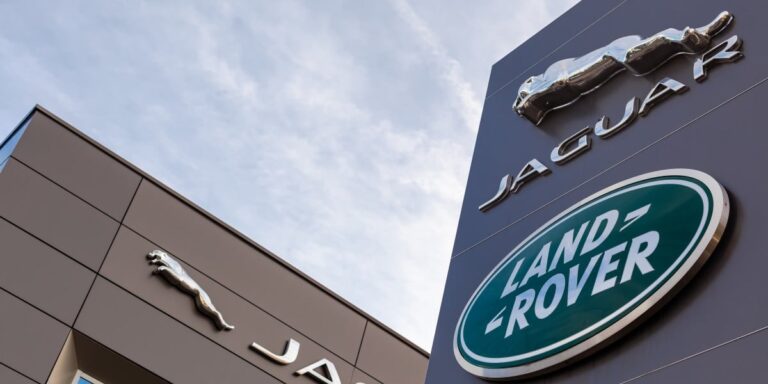Asia In Brief India’s Tata Motors, owner of Jaguar Land Rover, has revealed the cyberattack that shut down production in the UK has so far cost it around £1.8 billion ($2.35 billion).
The company last week posted results for the quarter ended September 30th, and revealed it incurred exceptional costs of £196 million ($258 million) as a direct consequence of the attack, and saw revenue fall year-over-year from £6.5 billion to £4.9 billion ($8.5bn to $6.4bn).
The company’s results would have been worse, were it not for sales growth in India.
“There is no denying this was a difficult quarter with disruption from a cyber incident,” said CFO Richard Molyneux. “This is something that is happening to more and more companies that no company would ever wish for.”
Ola denies battery IP theft
Ola Electric, the electric vehicle company spun out of Indian rideshare giant Ola, last week denied it had stolen battery technology from Korean tech giant LG.
South Korean media recently claimed an Ola Electric worker who once worked at LG shared information about the chaebol’s “pouch cell” technology.
In a stock market filing [PDF], Ola Electric said it is not interested in pouch cells and has developed its own superior technology called the “4680 Bharat Cell”.
“The reality is this: as Ola Electric scales up production … a misleading narrative of tech intrigue is being weaponised to undercut India’s emergence as a global player in advanced energy technology,” the statement reads.
“India’s progress in advanced cell technology, exemplified by the 4680 Bharat Cell, is the direct result of this vision for technological self-reliance. We will not allow business rivalries or motivated media speculation to derail India’s push toward global leadership in clean energy and battery innovation,” the statement ends.
Indonesia may merge delivery and ride-share giants
Indonesia’s government may push for a merger between rideshare and delivery giants GoTo and Grab.
Multiple reports suggest Jakarta is contemplating a merger to ensure the two companies remain viable, an important consideration because they have become major employers and a big part of retail supply chains.
NTT touts room-scale active noise cancelling tech
Japanese tech conglomerate NTT says it’s found a way to bring active noise cancellation tech to environments in which the volume and type of noise frequently change.
The company last week described its invention as suitable to reduce noise in environments such as houses next to railway lines, or in cars as they pass through tunnels.
NTT hopes to apply its technology in “offices, conference rooms, hotels, residential buildings, and urban environments.”
SK Telecom in SMS mess
South Korea’s National Intelligence service last week reportedly informed lawmakers that local telco SK Telecom had not properly implemented end-to-end encryption for SMS messaging, allowing attackers to intercept and read some users’ messages.
The problem apparently only impacts smartphones provided by the telco, which is investigating the matter.
Earlier this year, SK Telecom leaked personal information about over 27 million subscribers, earning it a $97 million fine.
Food delivery company quits Australia
Food delivery outfit Just Eat Takeaway.com last week announced it would end operations in Australia.
The decision is a blow to the local tech sector, as the company’s local operation was based on homegrown outfit Menulog. Australians now have just two major food delivery operations to consider: Uber and DoorDash.
The Wiggles are sorry about batteries
Australian children’s music group The Wiggles last week admitted it probably breached Australian consumer protection laws by putting its name to a headband powered by button batteries without including mandatory safety warnings.
Button batteries can cause burns if ingested – a known issue as small children sometimes swallow the small, round, shiny objects.
The Wiggles will devote an issue of their podcast to a mea culpa, and educational material for parents. ®

